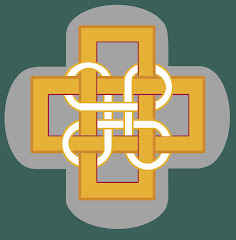Were you asked to describe your dream home, what would you say? A spacious Spanish Colonial rich in the colors and textures of the southwest? Maybe a light infused Frank Lloyd Wright temple to “organic architecture?” A McMansion bearing mute and massive witness to your financial success?
The Psalmist David had a much different vision. David’s “dream home”, his heart’s desire, was “the house of the Lord” – a place where he could “gaze upon the beauty of the Lord;” where he would find protection from his enemies; where he would be welcomed and known.
Where is this awesome dwelling place, this “house of the Lord” in 2010? Surely not the McMansion, nor even a modest bungalow. Where then can we find our own heart’s desire, the “house of the Lord” in which we too can dwell, secure in God’s protective love and acceptance?
Perhaps Luke’s account of the transfiguration points the way. At first seduced by the apparition of Jesus in glory with Moses and Elijah, it was only when immersed in the fearful shadow of the cloud that the apostles heard the voice of God, and understood that Jesus was the Son of God, their own true dwelling place. Maybe for us too, it is only within the mysterious mist of the cloud, that we will be able to open our hearts, to find that perfect dwelling place, our “dream home” with the Lord.
Lord, grant us the courage to dive into the cloud with open minds and open hearts so that we can truly find your dwelling place, and like David rest with you there all the days of our lives.
Kathleen Caldwell

